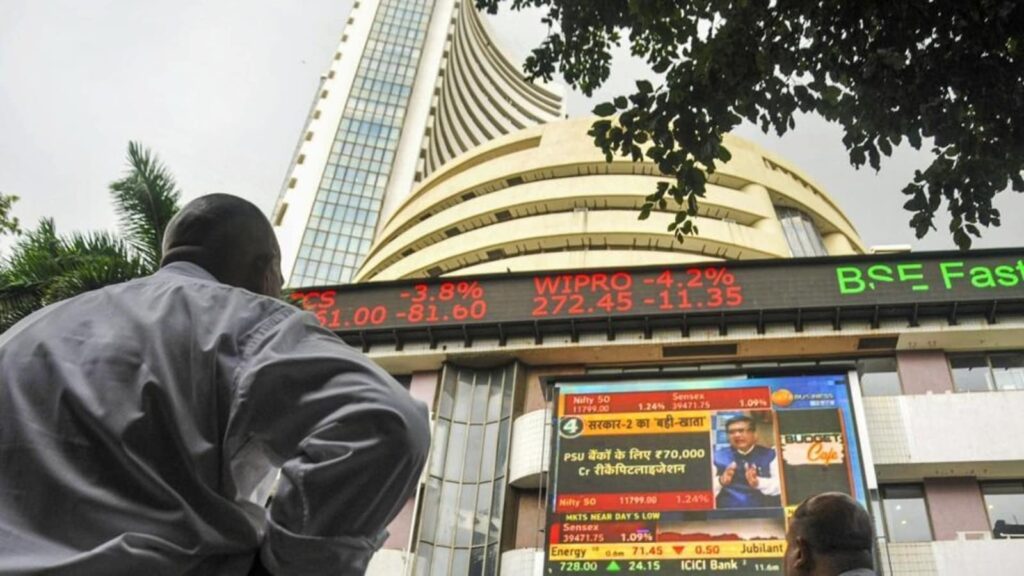BSE S&P, India’s benchmark equity market index, has risen by 4.1% between December 1 and December 6. December 1 was the first day of trading after exit polls were released on November 30, predicting a good show by the BJP in the state elections.
Short-term movements in equity markets should be taken with a lot of caveats. Some of the recent traction in equity markets is also because of India’s GDP turning out to be better than expected (that data too, came out on November 30). But one would be missing the wood for the trees if one ignores the euphoria in the markets on the BJP’s victories in Rajasthan, Madhya Pradesh and Chhattisgarh and the tailwinds these wins have added to Narendra Modi’s re-election pitch for 2024. What should one make of this fact? Three factors can be listed.
First, markets and big investors, more than anything else, want policy certainty. A rise in the probability of a government getting re-elected is music to their ears. The second is the promise of what could be. The election of Narendra Modi in 2014 was always seen as a promise for big-ticket economic reforms in India. While some of these, such as the Goods and Services Tax or bankruptcy code, have already happened, others, such as labour and agricultural reforms, remain a work in progress. The prospects of a BJP victory strengthen hopes of such reforms going through. The third, and perhaps the most important, is what the markets believe might happen in case the BJP does not get re-elected in 2024. More than anything else, this includes an unchecked pivot to fiscal commitments, such as the restoration of the old pension scheme, which cannot be honoured without sacrificing the fiscal prudence framework.
To be sure, the current government has shown it is capable of springing policy surprises such as demonetisation and will never put economic reforms over its political survival — but it has excelled in striking a balance between its business-friendly approach and its commitment to the poor. In India, whose economy is at the cusp of becoming the third largest in the world but where the government still has to support 800 million people to prevent hunger, this will increasingly become the most important balancing act in politics.
Continue reading with HT Premium Subscription
Daily E Paper I Premium Articles I Brunch E Magazine I Daily Infographics


